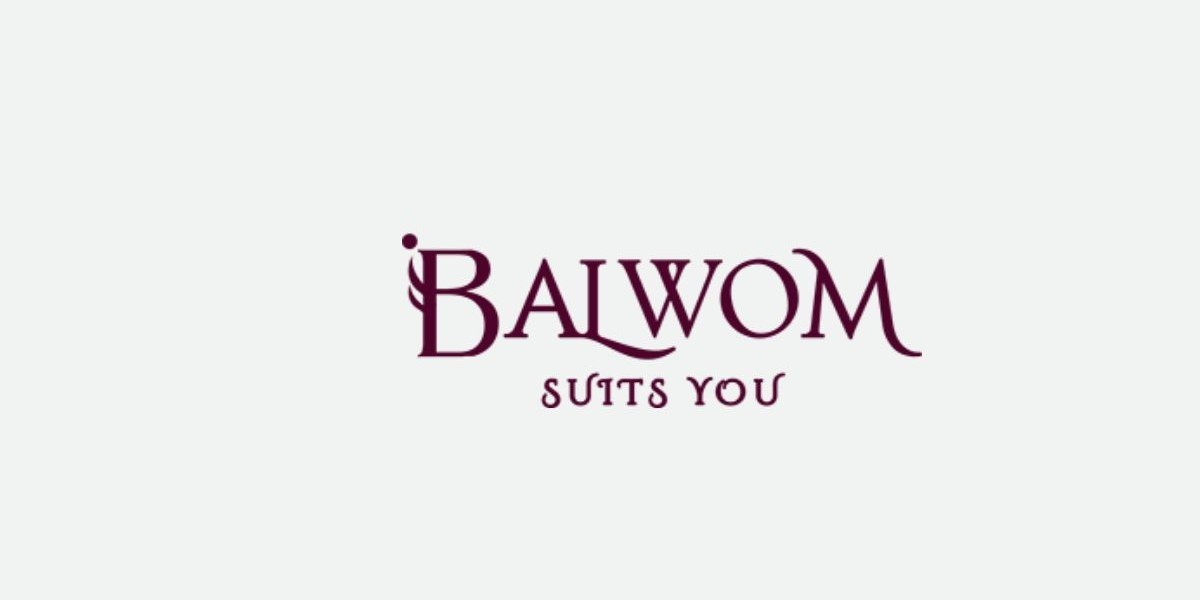Maintaining one's health is essential in the fast-paced, modern world. Because there are so many possibilities in the insurance market, navigating it can be difficult. Nonetheless, residents of Access Health Guilford CT who have access to can approach the task of acquiring USA insurance coverage with assurance and wisdom. This page provides a thorough overview for understanding, selecting, and making the most out of Guilford health insurance.
I. Information
A. The value of health insurance
Health insurance is vital in order to shield individuals and families from the financial burden that comes with medical expenses. It reduces anxiety by ensuring that necessary medical care is accessible without unduly straining one's finances.
B. Summary of Strategic Health Planning
A number of factors, such as budgetary constraints, the condition of the local healthcare system, and each individual's particular health needs, must be carefully considered while engaging in strategic health planning. By making educated decisions, individuals can tailor their insurance coverage to match their particular needs.
II. Identifying American Insurance Schemes
A. Available Types of Insurance Plans
Health Maintenance Organizations (HMOs): Provider network access and primary care physician selection are required for members of HMOs. Seeing a specialist requires a referral.
Customers have more options when choosing healthcare providers both inside and outside of the network—when they use preferred provider organizations, or PPOs. Both a primary care physician and referrals are not necessary.
A network of preferred providers is provided by Exclusive Provider Organizations (EPOs), which have limited coverage for treatments received outside of the network. Aspects of HMOs and PPOs are combined.
PPO and HMO components are combined in Point of Service (POS) plans, which mandate the use of a primary care physician and allow referrals for coverage outside the network.
B. Vital Information Regarding Each Plan
It's important to fully comprehend the details of each plan in order to make an informed decision. PPOs give more flexibility, EPOs concentrate on in-network coverage, HMOs give priority to preventative care, and POS plans provide a balance.
III. Navigating the Insurance Environment in Guilford
A. Localized Insurance Providers
Residents of Access Health Guilford CT, Connecticut who use Access Health have access to multiple insurance carriers, each of which provides a variety of plans and coverage alternatives. Comparison shopping and research might help them find the best local service for their needs.
B. Specific Details of Guilford's Coverage
Certain coverage options tailored to Access Health Madison CT's healthcare setting might be offered by regional insurance plans. Being aware of the coverage details ensures that individuals are appropriately safeguarded in their specific environment.
C. Remarks for the Community
When choosing an insurance plan, one should take into account their family structure, way of life, and any pre-existing medical conditions. When evaluating their options, residents should consider their own needs.
IV. Tips for Selecting the Best Policy
A. Assessing Individual Needs for Health
People should evaluate their medical needs before to choosing a plan. The frequency of doctor appointments, prescription medication regimens, and any upcoming medical procedures are all considered.
B. Financial Matters
Health planning is heavily influenced by financial constraints. Weighing premium prices versus potential out-of-pocket expenses is necessary to find an affordable, comprehensive insurance plan.
C. Availability and Network Providers
Ensuring the availability of the network's chosen healthcare providers guarantees convenient Access Health Madison CT to medical services. Understanding the coverage for out-of-network doctors is equally important when obtaining emergency care or specialized treatment.
V. Selecting Health Insurance Strategically
A. Plans: Extended vs. Short-Term
Consider whether type of insurance plan—long-term or short-term—would be most appropriate for your current circumstances. Extended-term plans offer stability, while short-term plans allow for adaptability to changing circumstances.
B. Additional Insurance Options
You can enhance coverage for specific medical conditions by looking into additional insurance options. It may be advantageous to add dental, vision, or critical illness insurance to a primary health insurance coverage.
C. Adapting Insurance to Specific Needs
Individually tailored insurance guarantees that policyholders are not overpaying for perks. A more cost-effective and personalized approach to health planning is made possible via customization.
VI. Overcoming Common Difficulties
A. Knowing The Terms Used in Policy
Plans for insurance may contain technical jargon. Learning about ideas like coinsurance, copayments, and deductibles is necessary to make informed decisions.
B. Managing Situations That Already Exist
Individuals who already have health problems must to carefully weigh their coverage options. In certain cases, other plans may offer better coverage, ensuring comprehensive care when needed.
C. Using Preventive Care to Optimize Benefits
Making preventative care a priority reduces long-term medical costs while also enhancing overall health. Like vaccinations and screenings, preventive care is frequently covered by insurance.
VII. Boosting Confidence in Health-Program Design
A. Acquiring Insurance Jargon Knowledge
People may navigate the selection process with confidence once they are familiar with the lingo used in the insurance industry. Online resources and glossaries can help with understanding terms that are frequently used.
B. Utilizing Internet-Based Resources
Online resources can be used to compare insurance plans, read reviews, and obtain educational resources. Using these resources makes decision-making simpler.
C. Seeking Advice from Insurance Experts
Expert guidance from insurance pros could provide specific insights when in doubt. Online counselors or local insurance brokers might offer personalized advice.
VIII. The Benefits of Regular Medical Checkups
A. Preventive Measures for Prolonged Wellness and Health
Regular examinations can provide early detection of any health issues and enable timely treatment. Maintaining long-term well-being requires taking precautionary measures.
B. Early detection and cost-cutting strategies
Treatments for health issues are often easier and less expensive when they are discovered early. Investing in preventive treatment could save a significant amount of money over time.
C. Endorsing a Lifestyle Concerned with Health
Both sickness management and overall health are enhanced by insurance. Leading a healthy lifestyle reduces the likelihood of needing major medical treatments, which in turn reduces the expense of healthcare.
IX. Evaluating Cost and Coverage
A. Reasonably Priced Options for Insurance
Look into insurance plans that blend affordability and comprehensive coverage for residents of Access Health Guilford, CT. Certain remedies are reasonably priced without compromising the quality of treatment.
B. Figuring Out Invisible Costs
Read the fine print to learn about additional costs such as deductibles, copayments, and out-of-network fees. Being aware of every possible expense helps to ensure accurate budgeting.
C. Enhancing Value for High-End Payments
Attempts should be made to maximize the value of the money paid for insurance premiums. This means periodically reviewing the coverage and making any required adjustments to the plan.
X. A Study of the Guilford Health Care Network
A. Clinics, Hospitals, and Medical Centers
Being familiar with the local healthcare system ensures that treatments and insurance are coordinated seamlessly. Access Health Madison CT's clinics, hospitals, and medical centers should work in tandem with the chosen insurance plans.
B. Checking Insurance Selection Alignment
Verifying that the chosen healthcare providers accept the insurance plan of choice is crucial. Customers can obtain services without any unanticipated financial issues due to compatibility.
XI. Testimonials: Verified Narratives of Effective Health Planning
A. Personal Narratives of Overcoming Challenges with Health
True stories of people who overcame health challenges through strategic planning might serve as a source of inspiration for decision-making confidence.
B. Providing Examples of How Strategic Health Planning Operates
Stressing the advantages of strategic health planning helps to both reinforce its importance and inspire others to take the lead and engage in the process.
XII. Keeping Up: Changes to Health Insurance Programs
A. Modifying the Structure of Insurance Coverage
Those who keep abreast of the most recent changes to insurance coverage can adjust their policies to reflect the constantly changing landscape of healthcare.
B. Adapting to Changes in the Medical Field
Modifications to healthcare policies and practices may impact insurance coverage. People can adjust their health plans in a timely manner by becoming informed.
XIII. The Role of Technology in Health Care Planning
A Guide to Online Insurance Comparison Resources
Online resources facilitate the process of comparing insurance coverage. Using technology helps to compare different options side by side and speeds up the decision-making process.
B. Consultations Online and Through Telemedicine
Access Health Madison CT to healthcare is increased with the use of telemedicine services. A further level of convenience for routine and non-urgent medical needs is provided by examining virtual consultations.
XIV. Concluding Words
A. Synopsis of the Core Concepts
Choosing the appropriate insurance, being aware of one's own needs, and staying current with developments in the healthcare sector are all components of strategic health planning. People can approach health planning with confidence by following these basic principles from Access Health Guilford CT.
B. Encouraging Health Proactive Planning
Proactive health planning is a commitment to one's health. People may successfully navigate the complex world of health insurance through careful needs assessment, choice exploration, and well-informed decision-making.









